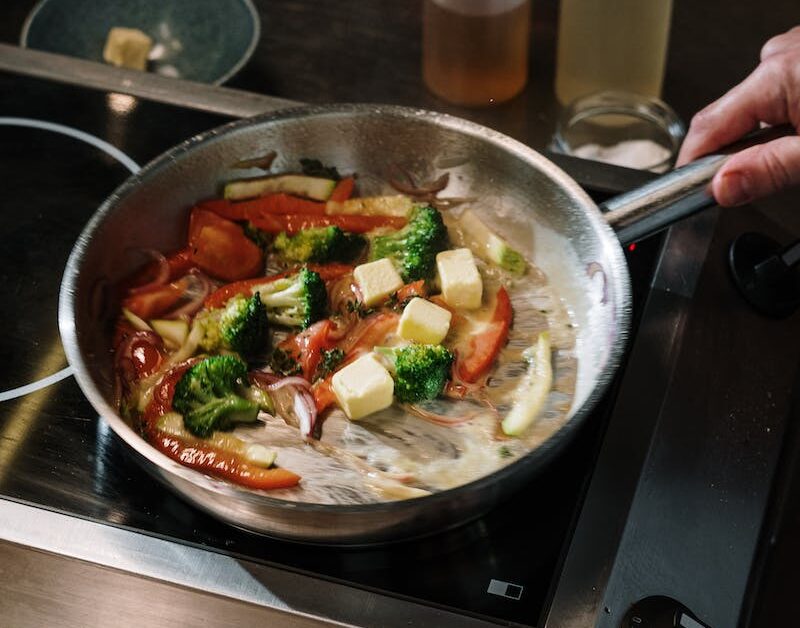Is coffee keto?
Coffee is one of the most popular beverages in the world, known for its rich aroma and energizing effects. For those following a ketogenic diet, which is low in carbohydrates and high in fats, it is important to understand whether coffee is keto-friendly. In this article, we will explore the impact of coffee on ketosis and discuss various factors that determine its compatibility with a keto lifestyle.
The macronutrient content of coffee
When considering the keto-friendliness of any food or beverage, it is crucial to analyze its macronutrient composition. Coffee, in its purest form, contains negligible amounts of macronutrients. It is virtually calorie-free and contains no carbohydrates, fats, or proteins. Therefore, from a macronutrient perspective, coffee can be considered keto-friendly.
Effects of coffee on ketosis
While coffee itself does not contain any significant macronutrients that could potentially disrupt ketosis, it is important to consider the effects of coffee on the body. Coffee contains caffeine, a stimulant that can have both positive and negative impacts on ketosis.
Positive effects of coffee on ketosis
- Increased metabolism: Caffeine has been shown to increase metabolic rate, which can potentially enhance the body’s ability to burn fat for fuel.
- Appetite suppression: Coffee has appetite-suppressing effects, which can be beneficial for those following a calorie-restricted ketogenic diet.
- Improved physical performance: Caffeine has been shown to enhance physical performance by increasing endurance and reducing perceived exertion.
Negative effects of coffee on ketosis
- Insulin response: Some studies suggest that caffeine can increase insulin levels, which may inhibit ketosis. However, the impact of caffeine on insulin response varies among individuals.
- Sleep disruption: Excessive consumption of coffee, especially in the evening, can disrupt sleep patterns. Adequate sleep is crucial for maintaining optimal ketosis.
Considerations for keto coffee
While black coffee is inherently keto-friendly, many people prefer to add various ingredients to enhance its taste and nutritional profile. Here are some considerations for making keto-friendly coffee:
1. Avoid sugar and high-carb additives
Adding sugar, flavored syrups, or high-carb creamers to coffee can significantly increase its carbohydrate content, making it less compatible with a ketogenic diet. Instead, opt for low-carb alternatives such as stevia, erythritol, or sugar-free creamers.
2. Use healthy fats
Adding healthy fats to coffee can not only enhance its flavor but also provide a source of energy for those following a ketogenic diet. Consider adding a tablespoon of coconut oil, MCT oil, or grass-fed butter to your coffee for a creamy and keto-friendly beverage.
3. Be mindful of portion sizes
While coffee itself is low in calories and carbohydrates, the additional ingredients can contribute to overall calorie intake. Be mindful of portion sizes and avoid excessive consumption of high-calorie coffee beverages, especially if weight loss is a goal.
4. Experiment with intermittent fasting
Combining coffee with intermittent fasting, a popular practice among keto enthusiasts, can further enhance the benefits of both. Consuming black coffee during the fasting period can help suppress appetite and increase fat burning.
Conclusion
Coffee, in its purest form, is keto-friendly due to its negligible macronutrient content. However, the effects of coffee on ketosis can vary depending on individual factors such as caffeine sensitivity and overall dietary choices. By being mindful of the additives and portion sizes, coffee can be enjoyed as part of a ketogenic lifestyle. As with any dietary consideration, it is always recommended to consult with a healthcare professional or registered dietitian to ensure that coffee consumption aligns with individual health goals and needs.
